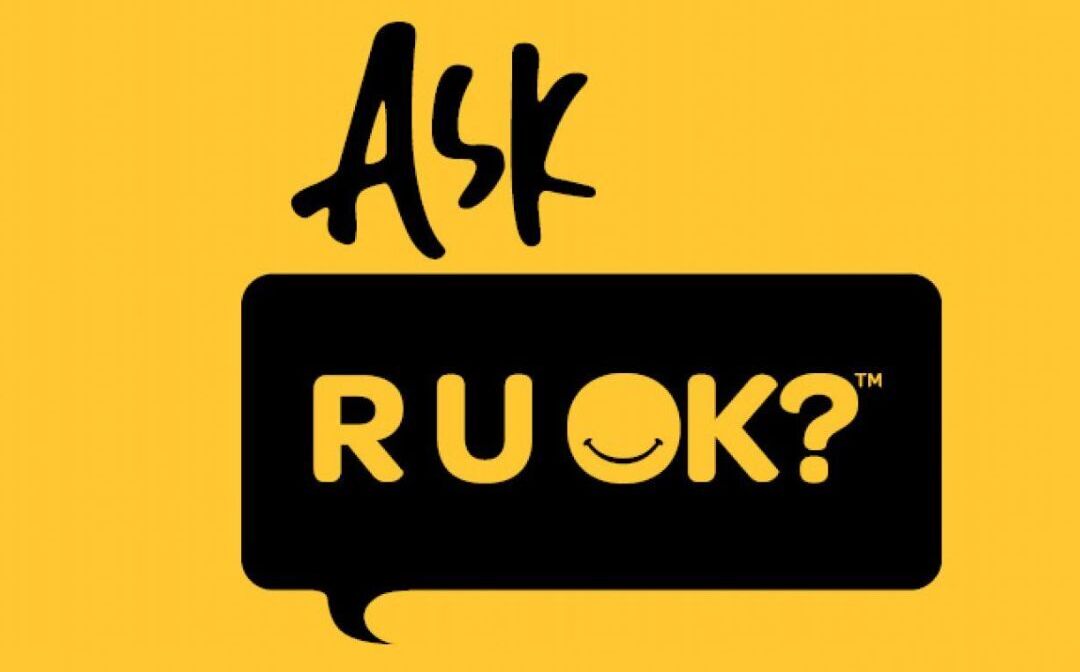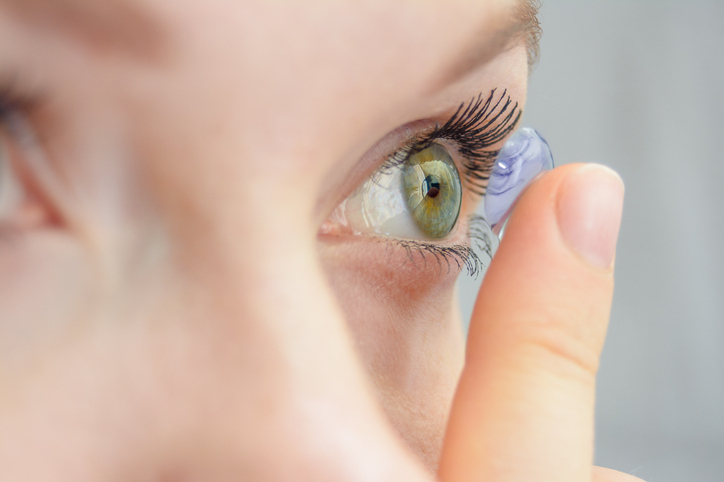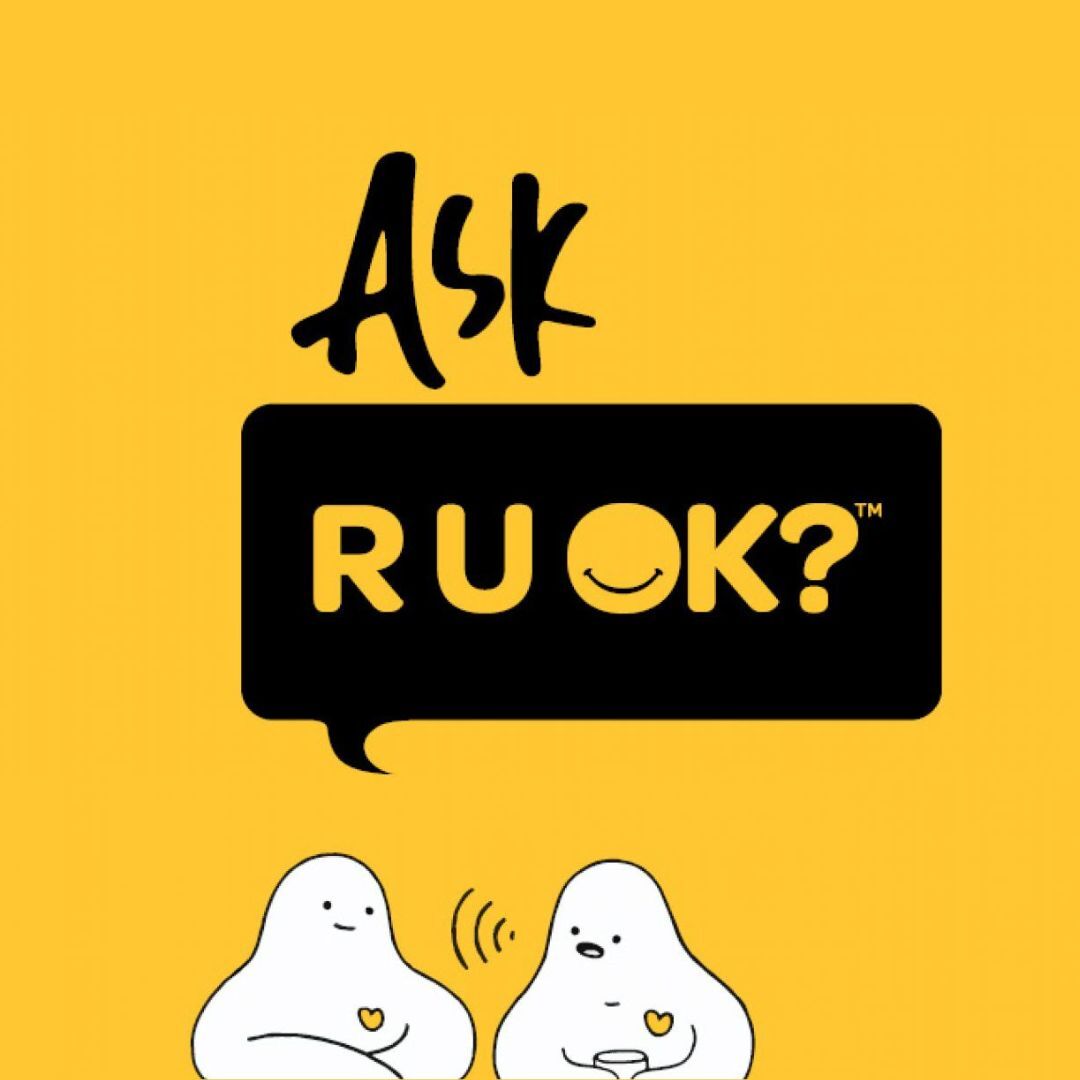Skip to the content
Free Repairs In Store
Leaders in Multifocal Lenses
NO OR LOW GAP Designer Frames







